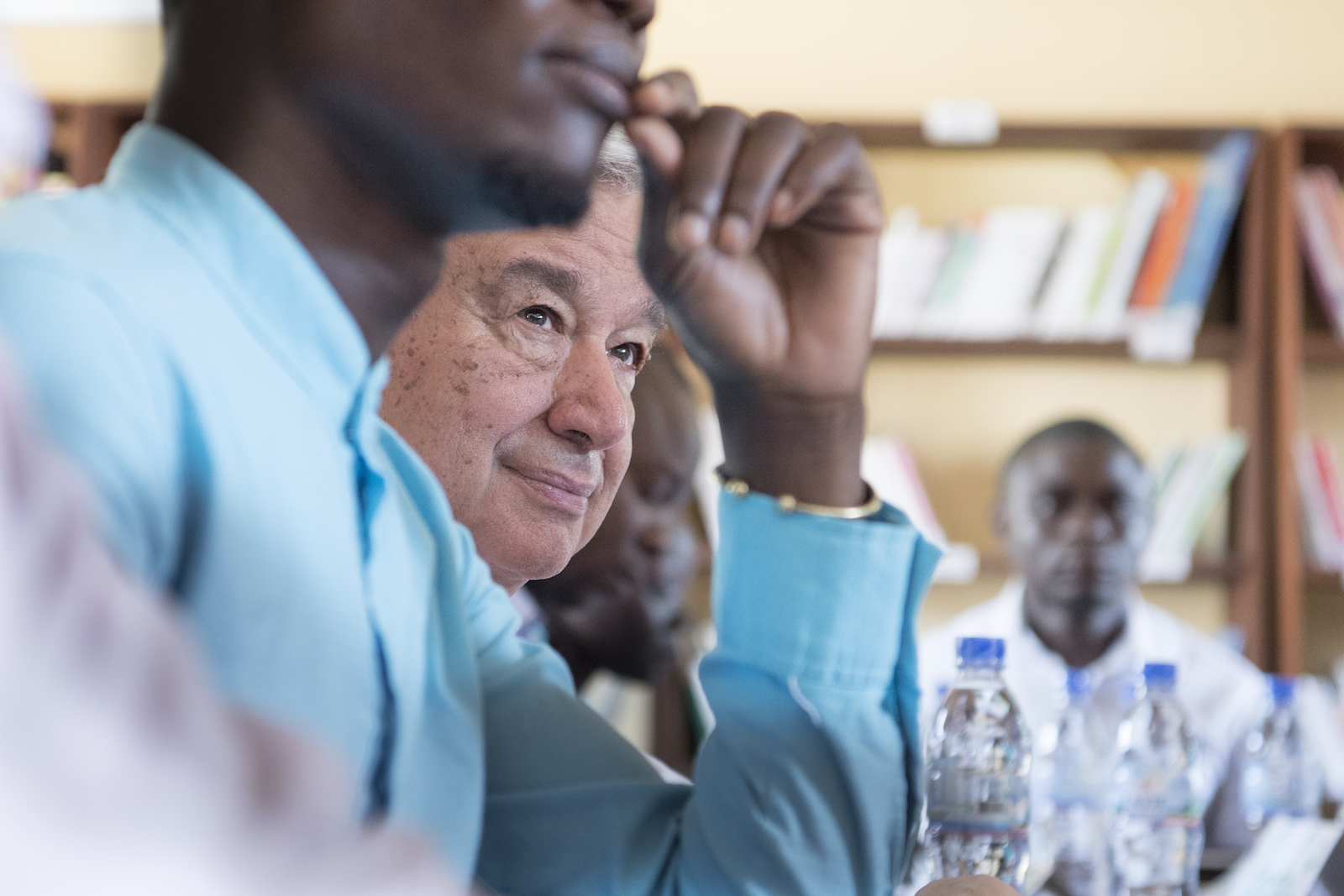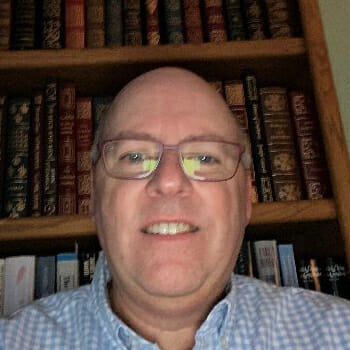
The UN Secretary-General Looks at the Year Ahead for the Global Body
In remarks before an informal session of the UN General Assembly on January 16, 2019, Secretary-General Guterres stated that when he spoke in 2018, he had “issued a red alert” for the world. In his comments earlier this year, he indicated that the “Alarm bells are still ringing.”
The problems confronting the international community are significant. From persistent conflict adding to the growing number of displaced persons worldwide, to the unwavering issues of global poverty and hunger, the gap between rich and poor, the ever-present matter of climate change, continuing violations of human rights and the relentless attacks on journalists, when viewed in total these concerns greatly impact the lives of individuals around the world.
The inability of global leadership to address these issues equates to greater mistrust in the institutions of governance, including, as Guterres pointed out, the UN. In this global environment, the work of the UN is more important than ever.
The leader of the global body cited reforms that have been instituted under his guidance to make the UN more responsive to the needs of people. One such measure relates to the issuance of “new delegations of authority to more than 200 heads of UN entities” which he says will “cut red tape and bring decision-making closer to the point of delivery.” He believes these reforms will see a UN in 2019 that will be “working for all.”
A greater point of emphasis will be placed upon Africa as the UN seeks to bolster its partnership with the African Union as both entities strive for lasting peace on the continent, especially in countries like “Mali and the Sahel, South Sudan, Somalia, the Central African Republic and the Democratic Republic of the Congo.”
In Yemen, a humanitarian disaster of immense proportion continues because of the ongoing conflict. Guterres stated the Stockholm Agreement prevented what would have become a disastrous military battle in Hudaydah exacerbating the famine in the country.
The efforts of the UN in Libya, as a result of the ceasefire it helped to broker, has remained and he cited the need to advance this process by creating a National Conference to move towards “reconciliation and future elections.” Syria, on the other hand, remains mired in conflict creating a humanitarian nightmare displacing millions of people from their homes. The Secretary-General’s appointment of a Special Envoy brings hope that a peaceful outcome can occur in a country that has only experienced violence and chaos.
Obstacles continue to remain in Ukraine, Myanmar, Afghanistan, and the Caucasus. These challenges require a unified Security Council, which in and of itself is no small matter. In addition, moving towards peace requires women to be “full participants” in any peace process. This is one of the Secretary-General’s top five priorities for 2019: A greater use of diplomacy to solve such intractable conflicts.
Second, greater attention must be paid to climate change and its devastating consequences. Under the Paris Climate Agreement, Member States are required to “assess progress and submit new pledges to meet the goals to which they agreed.” This must be done by 2020. Guterres further added that “by 2050 we need to reach net zero global emissions.” To this end, he will have a Climate Summit on September 23rd bringing together all the key actors, including business, civil society, and political leaders.
Third, following the September Climate Summit, the leader of the world body has asked world leaders to join together to discuss the Sustainable Development Goals (SDGs). He has not seen the progress he had hoped for with the 2030 Agenda. It is in this vein that he has summoned the presence of global leaders to find ways to jumpstart these efforts.
Fourth, Guterres wishes to address the challenges posed by the development of new technologies. He said that “reducing digital inequality, building digital capacity and ensuring that new technologies are on our side as a force for good.”
Fifth, he believes it is the values of the UN that “binds us together” specifically mentioning “peace, justice, human dignity, tolerance, and solidarity.” It was these guiding principles that were at the heart of the UN’s creation over seventy years ago. And they continue today to remain the bedrock upon which the global body functions.

